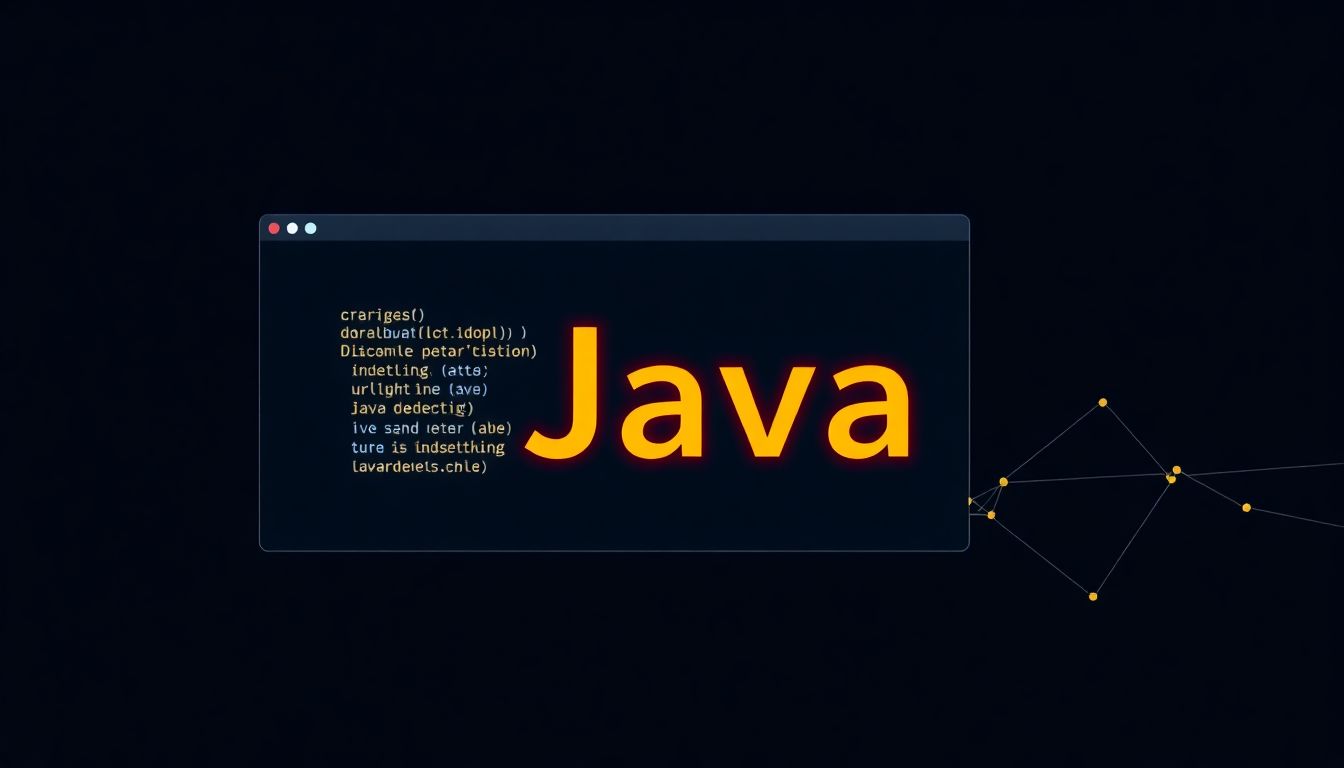
Master Java Programming with Programiz: A Comprehensive Guide
Java remains one of the most popular programming languages today, with millions of developers using it worldwide. As of late 2023, over 3 million job listings demand Java skills, showcasing the high market demand for Java developers. Programiz stands out as an excellent platform to learn this language effectively. It combines easy-to-understand tutorials with interactive coding exercises, making it ideal for beginners and even those looking to sharpen their skills. This article aims to provide a detailed roadmap for mastering Java through Programiz, highlighting essential concepts, practical projects, and community resources.
Getting Started with Java Fundamentals on Programiz
Setting up Your Java Development Environment
Before diving into Java, you need to set up your development environment. Here’s how to do it step by step:
- Download Java Development Kit (JDK): Go to the Oracle website and download the latest version of JDK.
- Install JDK: Follow the installation instructions for your operating system.
- Set up your IDE: Integrated Development Environment (IDE) like Eclipse or IntelliJ IDEA can help you write code more efficiently.
- Test your setup: Open your terminal and type
java -versionto ensure that Java is installed correctly.
Understanding Basic Java Syntax
Java syntax is straightforward. Here’s a glance at variables, data types, and operators:
- Variables store data. For example,
int x = 10; - Data types define the type of data stored, like
int,double, orString. - Operators are symbols that perform operations, such as
+for addition.
int number = 10;
double price = 19.99;
String message = "Hello, Java!";
Your First Java Program
Creating your first Java program is a thrilling milestone. The classic “Hello, World!” example is a great starting point:
public class HelloWorld {
public static void main(String[] args) {
System.out.println("Hello, World!");
}
}
In this example, main is the starting point of the program. Running this code will display “Hello, World!” on the screen.
Object-Oriented Programming (OOP) Concepts in Java
Classes and Objects
OOP helps organize code using classes and objects:
- Class: A blueprint for creating objects. For instance, a
Carclass can have attributes like color and methods likedrive(). - Object: An instance of a class. E.g.,
Car myCar = new Car();
Inheritance and Polymorphism
Inheritance allows one class to inherit the attributes and methods of another. For example, if you have a Vehicle class, Car can extend from it.
Polymorphism lets one method work on objects of different classes. For example:
public class Vehicle {
void move() {
System.out.println("Vehicle is moving");
}
}
public class Car extends Vehicle {
void move() {
System.out.println("Car is driving");
}
}
Encapsulation and Abstraction
- Encapsulation keeps data safe within a class. Using access modifiers like
privatecan help. - Abstraction exposes only the necessary features while hiding the complex details.
Advanced Java Concepts Explained
Exception Handling
Handling errors is vital. Using try-catch blocks, you can manage exceptions smoothly. Here’s a simple example:
try {
int[] arr = {1, 2, 3};
System.out.println(arr[5]);
} catch (ArrayIndexOutOfBoundsException e) {
System.out.println("Array index is out of bounds!");
}
Generics
Generics allow you to create classes and methods that work with any data type. This feature helps in writing flexible and reusable code:
public <T> void printArray(T[] array) {
for (T element : array) {
System.out.println(element);
}
}
Collections Framework
Java Collections Framework provides essential data structures, such as:
- Lists: Ordered collections, like
ArrayList. - Sets: Unordered collections, like
HashSet. - Maps: Key-value pairs, like
HashMap.
Java Programming Projects and Practice
Building a Simple Application
Starting with a beginner-friendly project, consider creating a simple calculator. It can perform basic operations like addition, subtraction, multiplication, and division. This project reinforces the fundamental concepts learned.
Utilizing Programiz’s Practice Problems
Programiz offers a variety of practice problems to sharpen your skills. It’s a great way to challenge yourself and apply what you’ve learned. Check out their practice section for exercises tailored to different skill levels.
Finding Java Projects Online
Explore platforms like GitHub, Codewars, or HackerRank for a variety of Java projects. Engaging with these resources can elevate your learning experience.
Mastering Java with Programiz: Tips and Resources
Effective Learning Strategies
To maximize your Java learning:
- Set realistic goals.
- Take consistent breaks to avoid burnout.
- Review your code regularly.
Utilizing Programiz’s Documentation and Tutorials
Programiz provides excellent documentation and tutorials that simplify complex topics. Using them effectively can enhance your learning experience. You can find resources here.
Joining the Java Community
Participating in online forums like Stack Overflow or Reddit can provide support. Engaging with the community can answer your questions and offer guidance along your journey.
Conclusion: Your Journey to Java Mastery Begins Now
Learning Java through Programiz equips you with the essential skills needed in today’s competitive tech landscape. From basic syntax to advanced concepts, Programiz provides an immersive learning experience. Start your journey now—dive into Java programming and unlock countless opportunities!